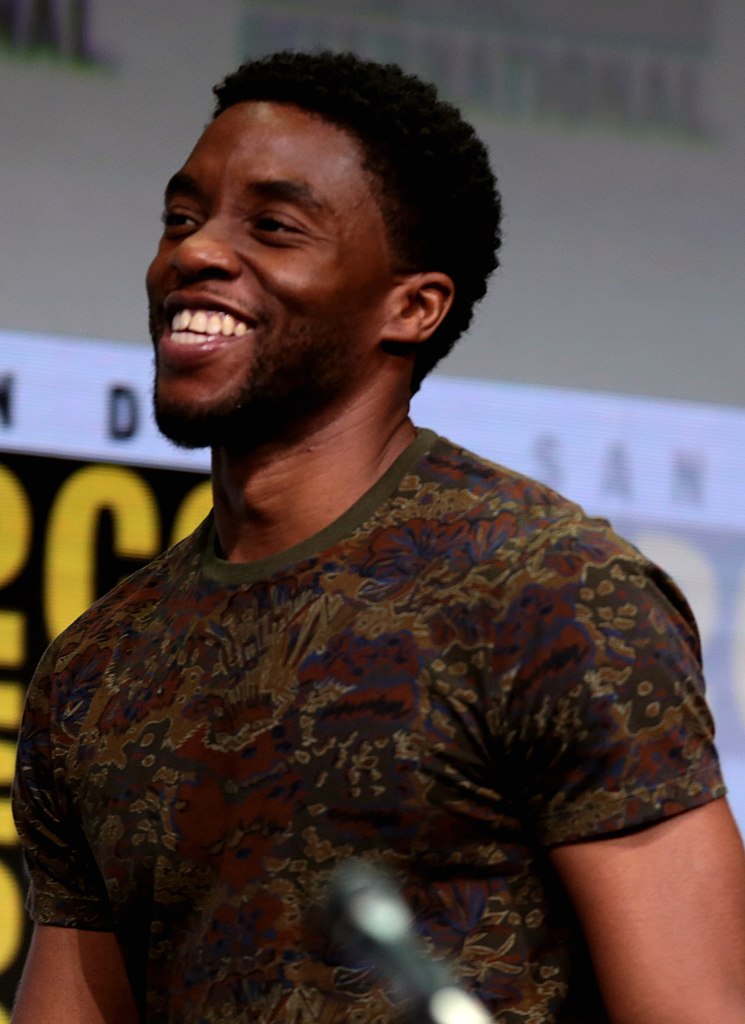The unexpected and tragic death of Black Panther star Chadwick Boseman took the world by surprise. The actor was just 43 when he passed away from colon cancer on the 28th of August. As King T’Challa Boseman was an inspiration to Black children across the globe who were able to see themselves reflected on screen. The public was shocked at the revelation that Boseman had been battling cancer whilst acting for his ground-breaking role.
The sudden loss of Boseman generated conversations about the film industry’s ableism and mistreatment of disabled people. We will never truly know why Boseman decided to conceal his diagnosis but, in doing so, he was able to avoid much of the ableism which depicts disabled people as pitiable, tragic but brave, and not capable of participating in everyday life.
In America, cancer is classed as a disability by the federal government, yet many have fought the description of Boseman as disabled. The Black Disability Collective tweeted,
‘So many of y’all hate disabled people so much that you’re deeply uncomfortable with Chadwick Boseman being referred to as disabled and his experiences being discussed through a disability lens. Cancer is a disability. Unpack your discomfort with this.’
Boseman may have also chosen to conceal his diagnosis to safeguard his job prospects and preserve his acting career. Tatiana A. Lee, a Black actor who has spina bifida said, ‘I honestly believe if Chadwick Boseman was open about having cancer, they wouldn’t have allowed him to do Black Panther.’ Lee said that as a Black person who uses a wheelchair, ‘people would tell me that [being an actor] was something I could never be because no one wants to see a Black girl with a disability on a movie screen.’ Lee works as the Hollywood inclusion associate for RespectAbility and said that when working with actors, ‘a lot of them confide in me that they have a nonvisible disability, but they are told not to talk about it and that if you can pass, you should go with it.’
These experiences reflect the broader picture for disabled actors in Hollywood. According to a 2012 Census Bureau report nearly 20% of the U.S. population have a disability. Yet, the USC Annenberg School for Communication and Journalism found that in 900 films released in theatres between 2007 and 2016, a total of 2.7% of characters with speaking parts had a disability. This underrepresentation is also seen in actors. In 21 prominent series, two actors out of the 17 playing characters with disabilities had a real-life disability.
When examining the intersections of race and disability, the picture becomes even more complex. Black men are often portrayed as hypermasculine and are denied expressions of pain and weakness due to a combination of racism and toxic masculinity. This trope originated during slavery when Black people would receive value based on the amount of physical labour they could provide. Three months before Boseman’s death, he uploaded a video to Instagram in which he looked much thinner than usual. Some people voiced their concern, but many criticised his appearance, making fun of his weight loss and questioning his strength and masculinity.
The belief that Black people are genetically stronger has severe implications. A 2016 survey published in The Proceedings of the National Academy of Sciences found that half of the 222 White medical students surveyed endorsed at least one false belief about the physiological differences between White and Black people including that Black people have less sensitive nerve endings than White people. The students insisted that Black people felt less pain which made the providers less likely to recommend appropriate treatment. When Black people do express their pain, they are portrayed as being hysterical and as overreacting.
Many reports of Boseman’s death praise the actor for continuing to work despite his diagnosis. These problematic portrayals raise Boseman to a martyr-like status and treat him as ‘inspiration porn.’ This negatively impacts Black disabled people who are expected to suffer through their pain and continuing working even when it becomes debilitating to do so.
It is a tragedy that Black disabled kids missed out on seeing themselves reflected in superhero form due to Boseman’s concealment of his disability but when we live in a society that treats Black disabled people so abhorrently, who can blame Boseman for his decision?
Ruby Fatimilehin
Image Source: Wikimedia Commons

